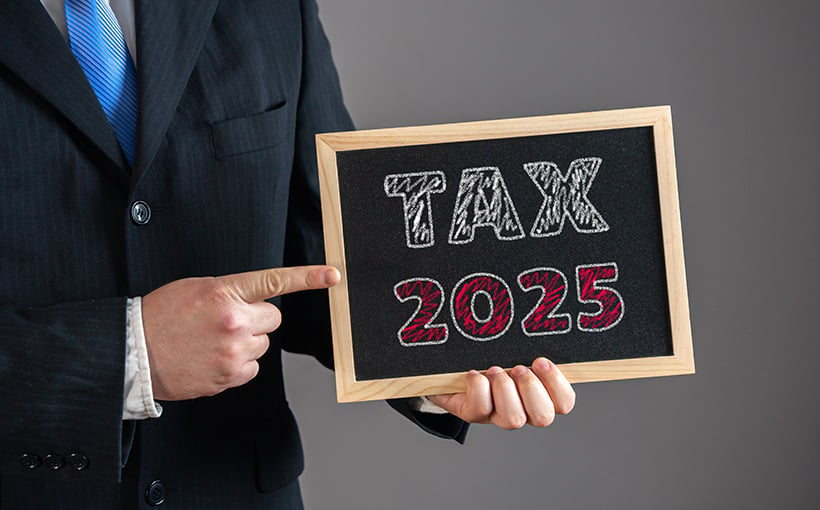Tim Coy, a real estate research manager at the Deloitte Center for Financial Services, recently discussed the potential impact of tax policy changes on commercial real estate activities in light of the upcoming presidential election. According to a report released by Deloitte, these changes are ranked fifth among top financial risks facing U.S. commercial real estate firms.
Coy explained that while tax policy has always been a concern for industry leaders, it has become more prominent this year due to factors such as rising interest rates and regional political instability. He also noted that previous surveys have shown similar concerns about transfer pricing/profit sharing and potential increases in tax rates.
One major factor contributing to increased focus on tax policy is the expiration of certain provisions from the Tax Cuts and Jobs Act of 2017 in 2025. Coy believes that any discussions about renewing these provisions could have significant impacts on corporate taxes and qualified business income deductions.
In addition to domestic policies, international elections may also play a role in shaping fiscal policies with long-term implications. The report also mentions other pending issues such as sustainability credits/incentives and whether or not Opportunity Zones will be extended beyond their current expiration date.
To prepare for potential changes ahead, CRE leaders are advised to stay informed about developments in Capitol Hill and plan proactively for different scenarios. Coy emphasizes taking steps now rather than waiting until later when there may be less time or resources available.
Overall, it is important for CRE leaders to remain focused on long-term growth strategies while being prepared for any shifts or adjustments that may come with changing tax policies under the Trump administration before 2025 ends.




